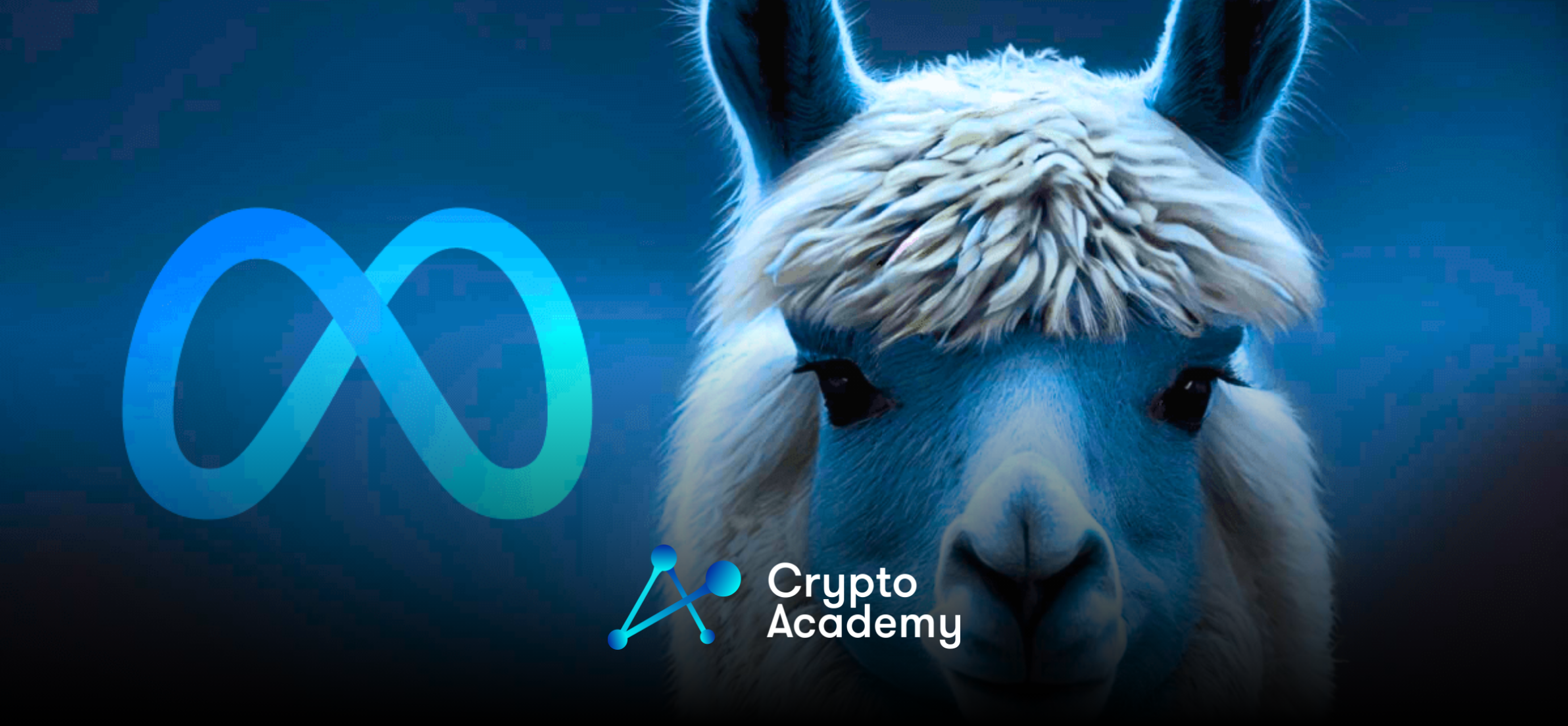Meta Rejects Claims of LLaMA Using Authors’ Copyrighted Work

Meta Platforms Inc., the parent company of Facebook, finds itself embroiled in a lawsuit brought forth by renowned authors Richard Kadrey, Sarah Silverman, and Christopher Golden. The authors allege that Meta’s latest artificial intelligence tool, LLaMA, utilized their copyrighted work without permission.
Authors Accuse Meta of Unauthorized Use
Kadrey, Silverman, and Golden claim that Meta’s LLaMA AI model incorporated vast amounts of text from their books during its training process, thereby infringing upon their copyrights. The authors argue that Meta’s actions have led to a financial benefit for the tech giant, as LLaMA is poised to become a key player in the AI landscape.
Meta, however, vehemently denies these allegations and offers a robust defense. The company contends that copyright law does not extend to facts or the structural elements of information within books. Furthermore, Meta highlights that the portions of text in question represent an infinitesimal fraction of LLaMA’s extensive training dataset, making up less than a millionth of the data.
The company draws parallels to Google’s use of books for its search tool, citing the precedent set by Authors Guild v. Google, Inc., which ruled in favor of fair use. Meta argues that using texts to train LLaMA for language modeling and original content creation aligns with accepted industry practices and legal standards.
Transparency and Accessibility
Meta emphasizes its commitment to transparency and accessibility. The company has made its research paper on LLaMA’s training process publicly available, inviting scrutiny from experts and researchers. Additionally, Meta plans to make LLaMA accessible to academic researchers and individuals affiliated with government, civil society, and academia. However, this access will primarily serve educational, research, and developmental purposes.
While this legal battle unfolds, intellectual property lawyer Jennifer Maisel offers a cautionary note. She suggests that users should exercise caution when utilizing generative AI tools and carefully review software agreements to identify any warranties related to content used in training. This precautionary step is crucial in preventing potential third-party copyright infringement claims.
On the broader horizon, billionaire investor Ray Dalio predicts significant disruptions in the job market due to AI within the next five years. He envisions AI driving advancements in productivity, education, and healthcare, potentially paving the way for a shorter workweek.
As the Meta lawsuit proceeds, it underscores the evolving landscape of AI ethics and copyright law, sparking discussions about the rights of creators and the responsibilities of tech giants in the age of artificial intelligence.

Comments are closed.